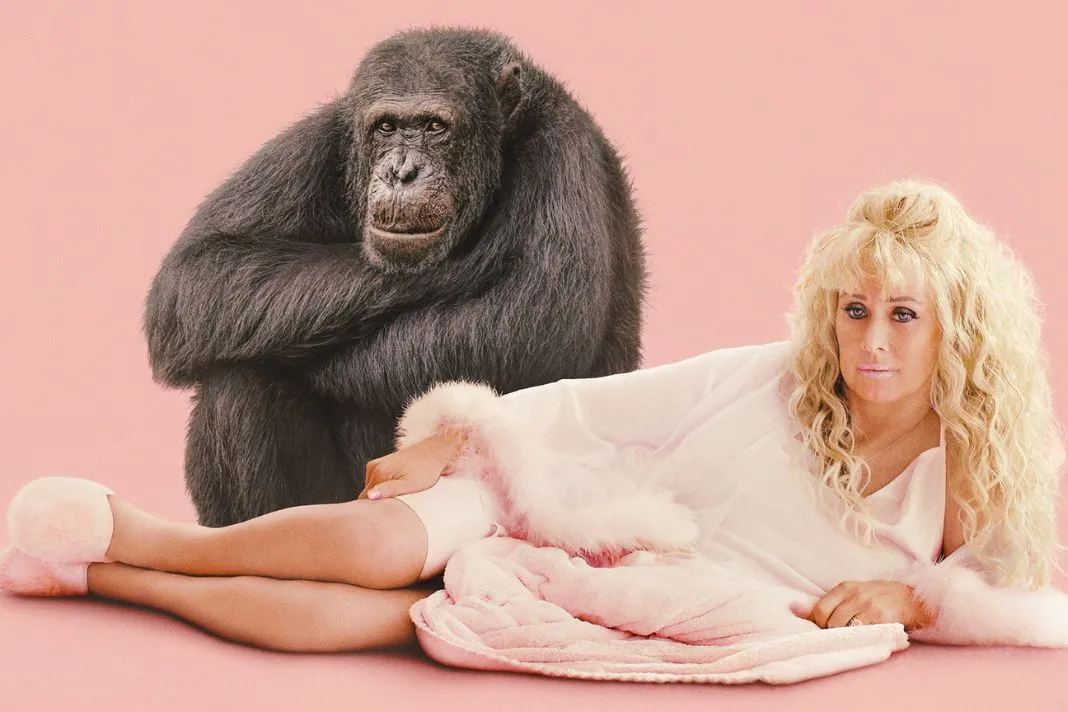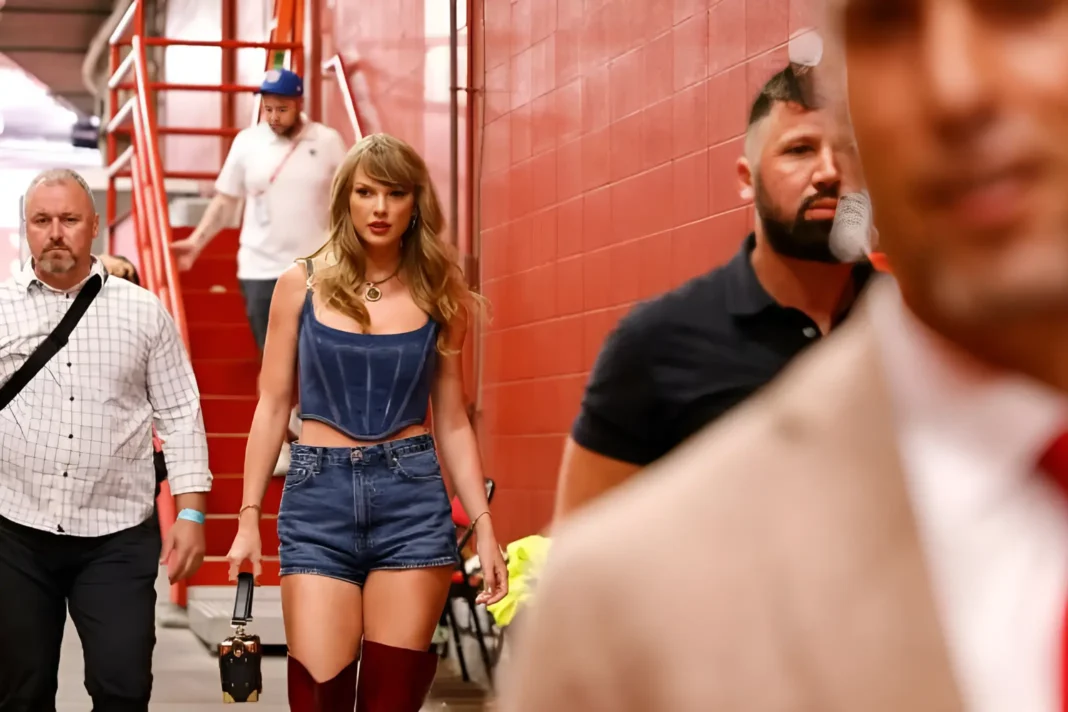The widespread new HBO Max docuseries “Chimp Crazy” circulates its season-ending Sunday night. From the founder of Netflix’s “Tiger King,” this four-part scheme has over the past month gradually exposed to viewers a harsh reality: In personal residences across the United States, monkeys, chimpanzees, and other primates are being saved as pets, moved to model diapers and children’s clothes. Feted as human infants, they’re discouraged from telling their natural, wild manners. As the series highlights, it’s a severe annoyance that has been concealing in plain sight.
“Chimp Crazy” concentrates on chimpanzees but different species such as capuchins, macaques, lemurs, and marmosets even suffer and languish in individuals’s bedrooms, basements, dens, and garages. Before these inappropriate homes, these creatures are generally kept in essentially barren cages by strange animal agents. Breeding procedures pull newborn creatures from their moms to trade in the pet trade. They are wrapped up, leashed, and spun out for shopping expeditions and family groups.
The proprietors profiled in the sequence tell us with seriousness that they love their creatures. But what does that “love” do to the animals in query? Chimps are among our most intimate physical cousins but they are not like us nor are they done to be our pets. These are feral animals being kept distant from the untamed environments and ecosystems that help their fundamental physical and psychological needs. In feasting them as human infants, we demean and fudge who they are.
Chimp Crazy
Importantly, creatures born and increased in conditions like the ones described in “Chimp Crazy” cannot be produced in the wild because primates traded in the pet trade are commonly hand-raised and denied learned survival talents. If dismissed, they could even endanger wild residents by spreading infections acquired in captivity.
There are some appropriate places for them such as the Humane Society of the United States’ Black Beauty Ranch, and almost 600 shelter residents are wild creatures once held as pets. Such accredited sanctuaries deliver proper enrichment, extensive habitats, and essential social contact — but they shouldn’t exist. Many creatures at Black Beauty still carry the spots of their earlier concussions.
Among the primates once maintained as pets, we see nervous manners consistent with animals denied of essential coping and strength skills they should have understood from their mothers. Jackie, a fearful Capuchin, captures and holds her stomach when she is worried or overexcited. Cali, a marmoset, has spells of unexpected aggression.
More to Know
The human “beloved” they were subjected to plagues them still.
“Tiger King” obtained the roadside zoo initiative into wider view. Showing how hucksters use creatures as business entities with little to no regard for their fitness and well-being. Before the show, most Americans were likely ignorant of what goes on at these offensive operations. Some may have even seen them, fascinated by the concept of “cuddling” with a tiger cub. And despite its additional sensual lens. “Tiger King” finally did more than just consider people attached at home during the pandemic. In the future, it made momentum for reform measures and sparked a continued push to end caught wildlife entertainment.
Like “Tiger King” before it, “Chimp Crazy” permits us to remember. We may sympathize with those who believe loving nonhuman primates explains holding them as pets. But we should not pursue their example. When the condition of “love” drives harm to creatures every day of their lives, the community should not turn a blind eye.
And we must not ignore these often-hidden creatures when the series ends.






